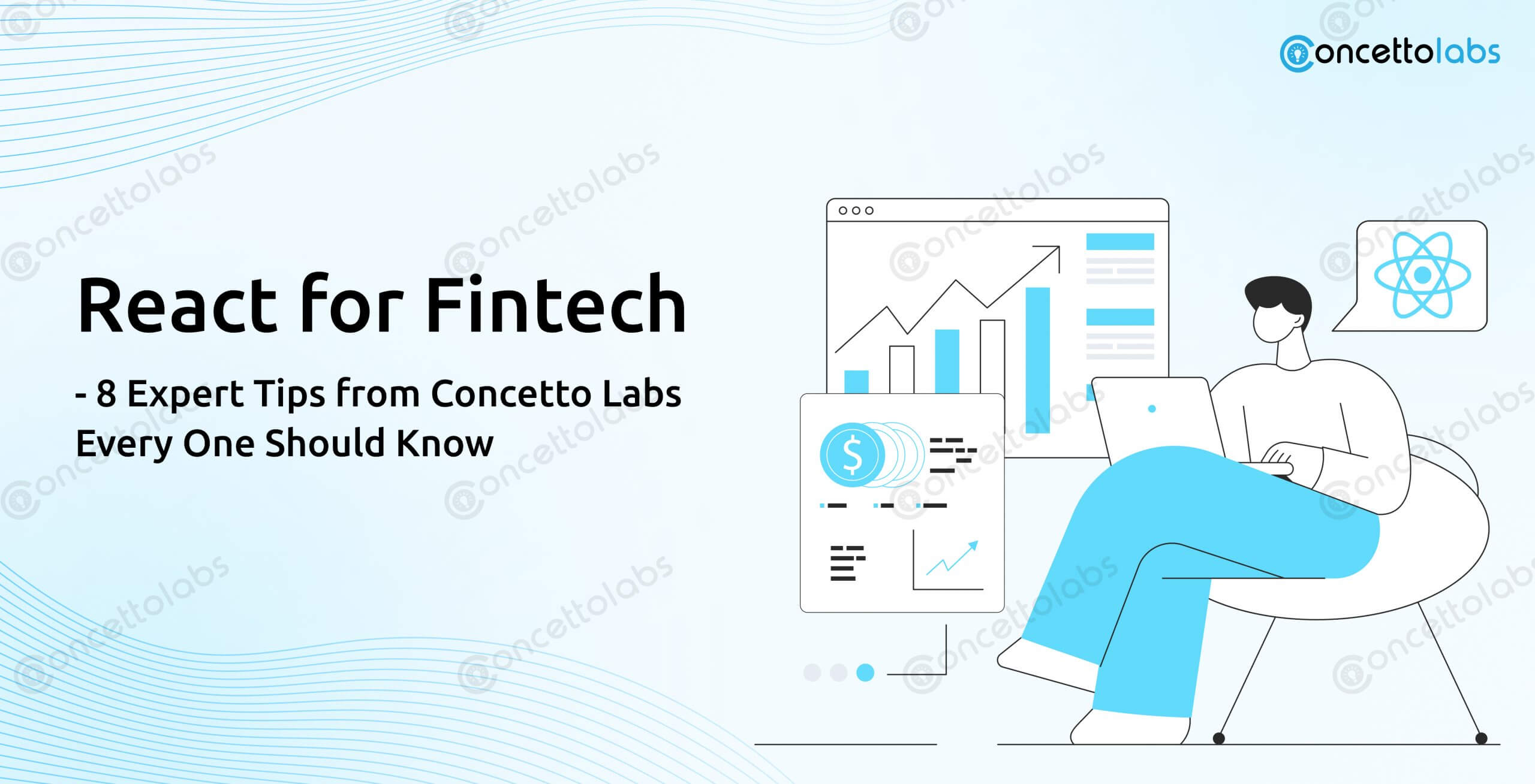
Node.js is one of the most popular platforms for JavaScript-based scalable network applications. Its event-driven, non-blocking input/output approach makes it easier to create web applications, APIs, real-time services, and microservices quickly and effectively. With its abundance of frameworks and libraries, the ecosystem makes full-stack development easier.
StackOverflow says that 45.65% of developers prefer to use Node.js as the backend JavaScript runtime environment.
Big businesses that use Node.js for their apps include Uber, Walmart, Netflix, PayPal, and PayPal. Essential tools for accelerating the development of Node.js applications are Node frameworks. Database management systems (DBMS), web servers, and templating engines are pre-built components that developers can use to quickly create applications. Being the Best Node.js Framework, they also encourage code organization by offering frameworks and guidelines for creating flexible code that can be used to many projects and teams inside an organization.
Selecting the best framework can be difficult, particularly when there are numerous options. While some could encourage automation, others might grant independence for development.
Based on developer usage and popularity, we have compiled a list of the top 10 Node.js frameworks in this blog. But, before that let us understand the basics of Node.js frameworks.
What is Node.Js?

Each type of framework that a web app technology offers supports a certain use case during the development lifecycle. MVC, Full-Stack MVC, and REST API frameworks are the three primary categories of Node.js frameworks.
MVC frameworks
These frameworks provide a useful design pattern that divides the logic of an application into three components: controllers, views, and models. Keeping development-related issues apart makes scaling and maintaining the software incredibly easy. A well-known illustration of an MVC framework is Express.js.
Full-Stack MVC frameworks
Full-Stack MVC frameworks include a wealth of scaffolding, libraries, template engines, and other development tools that are useful while developing a real-time application. They are also capable of handling the front-end and back-end development of applications.
REST API (Representational State Transfer) and REST API frameworks
The Node.js frameworks are well-known for facilitating the speedier development of apps with a ready-to-use REST API built experience. This implies that network application architectural styles are not a concern for you.
When developing apps that need an online connection, almost all of these frameworks offer a ready-made programming interface, which reduces development time significantly.
Latest Trends of Node.js Frameworks
Considering the current trends, Express.js, which bills itself as a neutral and lightweight framework, is the most well-liked framework with more than 43,000 Github stars. Meteor.js, which has over 40,000 Github stars and specializes in creating large-scale applications and real-time chat, comes in second place on the list.
CTOs are gravitating toward frameworks that enable them to cut down on resource usage and marketing time in light of the present development requirements.
With features most suited for the development requirements of 2024, frameworks like Express, Meteor, Nestjs, and Total.js are driving this trend.
The Best Node.js Frameworks for 2025

The Node.JS frameworks have received an open welcome from the developer community. Excellent advantages include improved app performance, lower development costs, and increased developer efficiency. Entrepreneurs are looking for Node frameworks that consume fewer resources and take less time to commercialize.
Let’s look at the list of Best Node.js Frameworks 2025.
1. Express JS
The foundation of Node.js web frameworks, Express.js is well-known for being straightforward and user-friendly. It offers middleware functions, reliable routing, and smooth app migration choices for apps coming from other platforms. Express.js has a large ecosystem that supports more than 1400 middleware add-ons. Although it is quite good at quickly creating standard web and mobile apps, handling boilerplate code can be difficult in more complicated situations. Node.js is the most popular framework for nodes.
| Advantages of Express.js | Disadvantages of Express.js |
| Simpleness and usability | Handling boilerplate is time-consuming. |
| Dependable routing | Not preferred in complex cases |
| Extensibility through middleware with around 1400 extensions | Possibility of a learning curve for novices |
| Enormous support from the community | Limited built-in features |
| Adoption by significant corporations | Fierce competition with competitors. |
Features
- Robust Routing Architecture
- Strong support for middleware
- Support for templating engines (14+)
- Mechanism for error-handling
- Provides static files
- Adaptability
- Integrated debugging features
- Several HTTP helpers
- Improved negotiations for content
2. Nest.JS
NestJS is a TypeScript-compatible Node.js framework that makes use of expressive OOP patterns. Like Angular, it provides an organized development process that makes it perfect for extremely scalable server-side applications. NestJS has garnered traction from organizations such as Adidas, Drift, Philips, and OpenClassrooms, despite being relatively new and having a smaller community. It shines in terms of integration flexibility.
You can build nest.js applications with a variety of capabilities using the Nest CLI.
Benefits of NestJS
- Integrated dependency injection mechanism.
- Make use of decorators.
- Integrates architecture that is event-driven.
- Rich tool ecosystem that makes customization easy.
- Group apps into modules that are self-contained.
| Advantages | Disadvantages |
| Pattern of Expressive OOP | New framework and have a smaller populace |
| Complete support for TypeScript | Possibility of learning curve |
| Flexibility in Integration | Inadequate stability and maturity |
| Method of structured development | Rely on TypeScript |
| Increasing Corporate Adoption | Might lack of few advanced features. |
3. Hapi
One of the most well-known node.js frameworks, Hapi.js, assists in serving data by acting as a middleman between the client and the server. It also works well as an alternative to Express.
Also, it follows a configuration-driven structure that is typically used to manage web server operations.
Hapi has the option to construct a server with a variety of characteristics, like onPreHandler, on a specified IP.
Features
- The processing of requests is subject to effective control.
- additional features for building web servers
- Scaling architecture based on plugins
- offers the availability of input validation, authentication, and caching
| PROS | CONS |
| Architecture based on plugins | Manual endpoint construction and testing |
| Configuration-centric | Automated Refactoring |
| Supports Microservices | |
| richly featured web server | |
| Strong libraries |
4. Meteor
With shared code between the client and server, Meteor is a full-stack framework ideal for MVP development and fast prototyping. Although effective in certain situations, it might not be the best option for intricate and highly organized applications.
| Advantages | Disadvantages |
| MVPs and quick full-stack prototyping | Not preferrable for intricate and organized apps |
| shares the code between the server and the client | Restricted personalization in certain places |
| Effective for the modest to medium-sized projects | Possibility scalability issues with huge projects |
| The Beginner’s learning curve is simple | The possible advanced feature learning curve |
| Best for applications requiring real-time processing | Lower potential for scalability in larger projects. |
Features
- Writing code in the isomorphic framework and contemporary JavaScript
- Platform-neutral architecture, utilizing CLI for quick prototyping
- strong community backing and an open-source architecture
- Complete solution
- Quick encounters lead to quick outcomes.
- Simple compatibility with alternative frameworks

Are you in a Dilemma of Choosing the Right Node.JS Framework?
Read more to know the best framework.
Get Your Free Quote5. Koa
The async/await feature of Koa.js allows for better code and a tiny footprint with a sophisticated middleware flow, making it the next generation of Node.js frameworks. Its emphasis on ES6+ support for improved error handling makes it a good choice for developing cutting-edge next-generation Node apps. Even though Koa.js is still relatively new and might have stability problems, several businesses have started using it.
| Advantages | Disadvantages |
| Async/wait for more readable code | Quite young with problems with stabilization |
| Compact size and tasteful middleware flow | Restricted ecosystem and maturity |
| Improved handling or errors | Might require extra functionalities through middleware |
| Support for contemporary development using ES6+ | Possible beginner’s learning curve |
| Active implementation by businesses. | Insufficient community assistance with problem-solving. |
Features
- futuristic and adaptable framework
- Outstanding error handling
- The cascade of middleware to customize the user experience
- normalizes contradictions and aids in code maintenance
- clearing caches, supporting proxies, and content negotiation
- Choices for customization
6. Socket.JS
Sails.js is an MVC framework supporting WebSockets to perform real-time communication and automatically generates APIs to enable quick prototyping. Sails.js has an extremely well-organized structure right out of the box, making it perfect for one-person work or quick full-stack development. Although it allows for quick development, there is a need for improvements in the documentation, and some complex functionality might be missing.
| Advantages | Disadvantages |
| MVC Models for Businesses | It is necessary to improve the documentation |
| Quick prototyping using automatically generated APIs | May lack sophisticated features |
| WebSockets facilitate instantaneous communication | Relies on integrated generators |
| Incredibly well-organized creative structure | Possible beginner’s learning curve |
| Optimized HTTP processing and development workflow | Intense competition inside the framework environment. |
Features
- Simple control over HTTP requests
- Assist Socket.io seamlessly
- Compliant with the front-end web development tools
- Offers object rational mapping or ORM, to enable access to all databases
- Seamless middleware integration
- Quick creation of object modules with frontend.
- Easily generates project templates
7. Derby.JS
DerbyJS is a Node. the js-based platform for building full-stack online applications. This framework employs the Model-View-Controller architecture and terminology for coding that is simple to create. The ability of this framework to allow practically the same code to run on Node.js and in the browser makes it ideal for developing real-time web apps.
You won’t need to bother about creating separate programs for the view section in this manner. By rendering a client-side view on the server, DerbyJS reduces the delay in content delivery. By doing this, the application becomes more user-friendly and SEO-friendly.
Features
- Over 4.35k stars may be found on Derby.js.
- Integration with other frameworks and libraries is simple.
- It works with TypeScript and ES6.
- Data synchronization using the Racer engine
- Availability of offline use
- Codeset individualization
- Developing a script in both directions
| PROS | CONS |
| Assistance with Racing Engine | This framework has a smaller community than others, too. |
| Data synchronization via real-time conversion | When it comes to supporting and queries, it can be a problem. |
| Supports offline use and conflict resolution | The principles are difficult to understand because of poor documentation. |
| Code exchange between the client side and the server | |
| Server-side rendering of client-side views |
8. Loopback
Any Node.js framework can link better with Loopback.js, and you can integrate it with a variety of API services. The platform performs well when developing REST APIs.
It offers outstanding flexibility when connecting to a variety of gadgets, browsers, databases, and services. The framework’s organized code supports app components and development efficiency.
Features
- Extensive support for network applications
- Incredibly extensible integration
- Client API navigator and support for numerous databases
- Neat, modular code thorough development
- Data administration, outsider access, and data storage
| PROS | CONS |
| Comprehensive network application support | Incline learning curve |
| The integrated client API navigator | Skewed and monolithic architecture |
| Extremely extensible | |
| Support for many databases | |
| Tidy, modular code | |
| Comprehensive development |
9. Adonis.JS
One of the most well-liked Node js API frameworks is donis.js, which is appealing and easy to use. This framework makes it easier to build powerful web applications from scratch. Because of the ecosystem that Adonis.js offers, programmers can create reliable server-side applications.
Features
- A folder structure with an organized pattern
- User input validation is made simpler.
- Provider of lifecycle dependency management services and a facility for Writing customized functional test scripts using dependency injection
- Lucid Object Relational Mapping assistance.
- Threat protection, such as cross-site forging protection
| PROS | CONS |
| native assistance for Koa, MEAN, and Express | Unsuitable small community |
| impartial structure | Improper documents |
| Modify the routing, JWT, ORM, WebSocket, and other features. | |
| The first Node.js framework that natively support JSON APIs | |
| Versatile template engine for delivering dynamic content. |
10. Feather.JS
One of the Node.js Rest API Frameworks is Feather.js. The name of this framework accurately describes how light it is. It can communicate, connect with the backend technology, and help different databases with ease.
Also, this framework can function with frontend tools like Angular/React.js and React Native. In general, it functions like a top Node js framework library that aids in developing apps by the REST principles.
Features
- facilitates the creation of contemporary Web apps
- As a result, it permits connection to services provided by third parties.
- It communicates with third-party programs
- It facilitates the development of simple web frameworks.
| PROS | CONS |
| Feather.JS has a widespread application. | Unable to collaborate and get along with websites that want to render views on the server |
| It can support both rational and non-rational databases, and it automatically offers REST APIs. | Learning takes a considerably longer period. |
| Expedites the treatment of errors |
How to Select the Best Node.JS Framework?
With so many options available, you can choose the best Node framework by considering the following criteria:
App type: real-time application, blog, e-commerce site, API server?
Ability: JS proficiency of your group and ease of adoption
Performance requirements: Expected response times, request volumes per second
Plans for scalability: phases of user base growth throughout time
App complexity: substantial business logic or a basic MVP?
Needs for security: Type and degree of vulnerabilities to guard against
Reusing codebases: Including previously written code using a certain platform
After you have a clear understanding of the technical and business requirements, you can utilize the above framework comparison to select the one that best meets your objectives.
From the above mentioned frameworks, Express.js and Koa.js are the most widely used and well-tested frameworks for most use cases. Both have excellent development communities that are always enhancing them, giving them dependable platforms for use in the modern world.
Looking to Create a Robust Web App Using Node.JS?
Hire our developers to use the full potential of Node.js for your web development project. .
Contact UsHow Concetto Labs Helps in Choosing the Robust Node.JS Development Platform?
A reliable Node.js development company is essential for companies looking to harness the potential of Node.js for web application development. To ensure effective web development and the successful completion of your project, a professional Node.js development company may offer knowledge in selecting the appropriate Node.js framework based on your unique project requirements. These development services also include the development of Node.js backends, Node.js CMSs, and Node.js APIs.
Conclusion
Using JavaScript libraries, Node.js provides a quick and effective runtime for creating scalable network applications from start to finish. Node frameworks enhance this environment by offering more user-friendly APIs, practical patterns, and necessary capabilities that let developers concentrate more on writing code specifically for apps.
The popular Node. JS web frameworks, such as Express, Koa, Meteor, Hapi, Sails, etc., each have unique benefits depending on the use case. Assessing them based on your requirements will assist in selecting the ideal framework to expedite development and meet corporate objectives! You can also hire Node.JS developers to fulfill all your development requirements.







 Indonesia
Indonesia
 Botswana
Botswana
 USA
USA
 Italy
Italy
 Panama
Panama




 USA
USA UK
UK Saudi Arabia
Saudi Arabia Norway
Norway India
India Australia
Australia